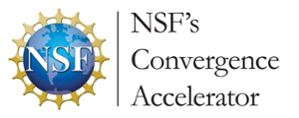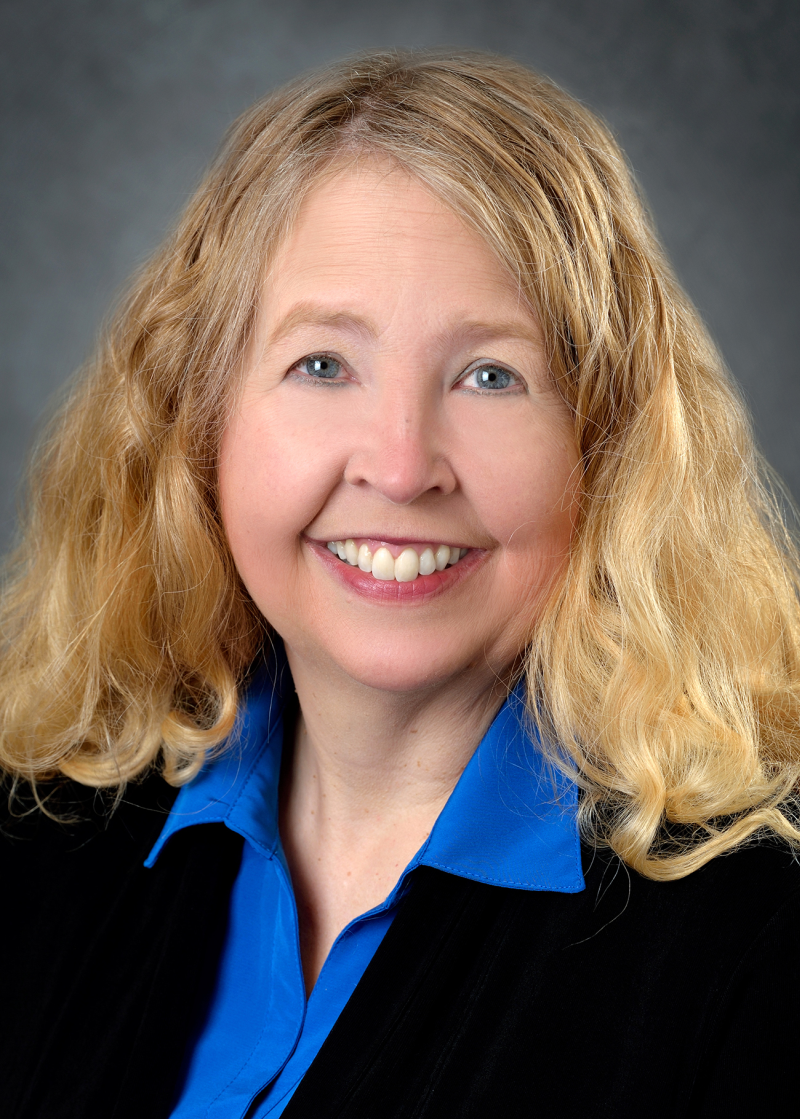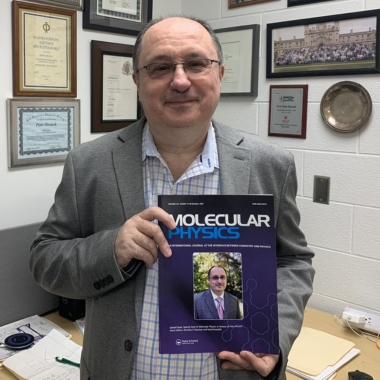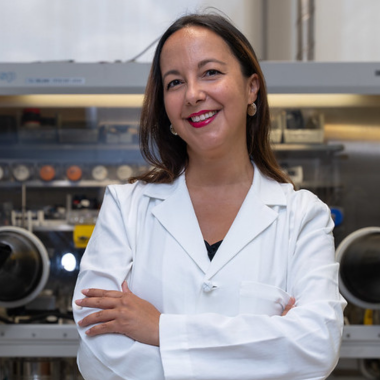Multi-Institutional QuSTEAM Initiative Awarded $5 Million From NSF

A multidisciplinary, multi-institutional program that is co-led by Michigan State University’s Center for Quantum Computing, Science and Engineering, or MSU-Q, is taking the next step in its aim to develop a diverse, effective, and contemporary quantum-ready workforce by revolutionizing and creating more equitable pathways to quantum science education.
QuSTEAM: Convergence Undergraduate Education in Quantum Science, Technology, Engineering, Arts and Mathematics, was awarded a two-year, $5 million cooperative agreement from the National Science Foundation’s (NSF) Convergence Accelerator. Following QuSTEAM’s initial assessment and needs-finding period during Phase I in 2020, the award will fund Phase II’s objective to build transformative, modular quantum science degree and certification programs in the public domain.
“NSF’s Convergence Accelerator is focused on accelerating solutions toward societal impact. Within three years, funded teams are to deliver high-impact results, which is fast for product development,” said Douglas Maughan, head of the NSF Convergence Accelerator program. “During Phase II, QuSTEAM and nine other 2020 cohort teams will participate in an Idea-to-Market curriculum to assist them in developing their solution further and to create a sustainability plan to ensure the effort provides a positive impact beyond NSF funding.”

“Involved in this effort are some of the largest universities in the country, regional universities, HBCU’s and community colleges and industry partners, providing large, diverse test beds for curriculum development,” said Angela K. Wilson, John A. Hannah Distinguished Professor of chemistry in the MSU College of Natural Science and MSU-Q director. “The curriculum is being designed from the ground up by pairing top science and engineering education experts with experts in quantum information, many of those who are working at MSU-Q, to provide a novel, accessible education program that will be available to universities and students across the nation.”
The rapidly evolving field of quantum information science will enable technological breakthroughs and have far-reaching economic and societal impacts—what researchers at the National Institute of Standards and Technology refer to as the second quantum revolution. Unlocking that potential, however, requires a foundational shift in quantum science education that can develop a diverse, effective, and contemporary quantum-ready workforce.
QuSTEAM is one of 10 teams selected as part the NSF Convergence Accelerator 2020 Cohort Phase II, which supports innovative research in quantum technology and AI-driven data sharing and modeling to address such national-scale societal challenges. It is headed by five Midwestern universities: the lead institution Ohio State University, Michigan State University, the University of Chicago, the University of Michigan, and the University of Illinois, all of which have partnered with local community colleges and regional industry allies with established transfer pipelines to engage underrepresented student populations.
.jpg)
“This project will involve MSU faculty who have disciplinary expertise in Quantum Information Systems (QIS) and science education researchers,” Cooper said. “This type of collaboration is unique because it will allow us to design curriculum material by emphasizing both evidence and theory about how people learn as well as assess the impact of the project in terms of student learning and interest in QIS. This will better ensure that equitable approaches to teaching and learning are followed.”
QuSTEAM brings together scientists and educators from more than 20 universities, national laboratories, community colleges and historically Black colleges and universities (HBCUs) to establish a common and modular template for an undergraduate minor and associate certificate program. The initiative also has more than 14 industrial partners, including GE Research, Honda and JPMorgan Chase, and collaborates with leading national research centers to help provide a holistic portrait of future workforce needs.
The team will build curriculum consisting of in-person, online and hybrid courses for these degree and certification programs—including initial offerings of the critical classes and modules at the respective universities while continuing to assess evolving workforce needs.
“We have leaders in quantum information and STEM education, and both of these groups independently do good work building undergraduate curriculum, but they actually work together surprisingly rarely,” said QuSTEAM lead investigator Ezekiel Johnston-Halperin, professor in the Department of Physics at Ohio State. “We are talking to people in industry and academia about what aspects of quantum information are most critical, what skills are needed, what workforce training looks like today and what they expect it to look like a couple years from now.”
The group is also collaborating with the IBM-HBCU Quantum Center to recruit faculty from its network of more than 20 partner colleges and universities, as well as Argonne National Laboratory, and plans to offer its introductory class in spring 2022, with a full slate of core classes for a minor by fall 2022 or spring 2023.
For more information about the Convergence Accelerator 2020 cohort Phase II awards, including MSU's QuSTEAM, visit: https://www.nsf.gov/news/special_reports/announcements/091621.jsp.



